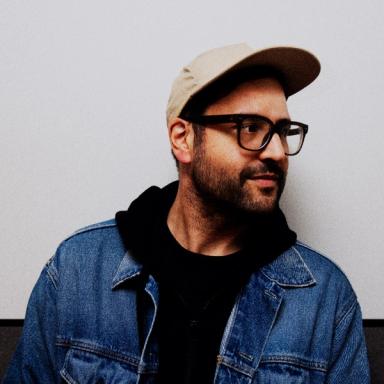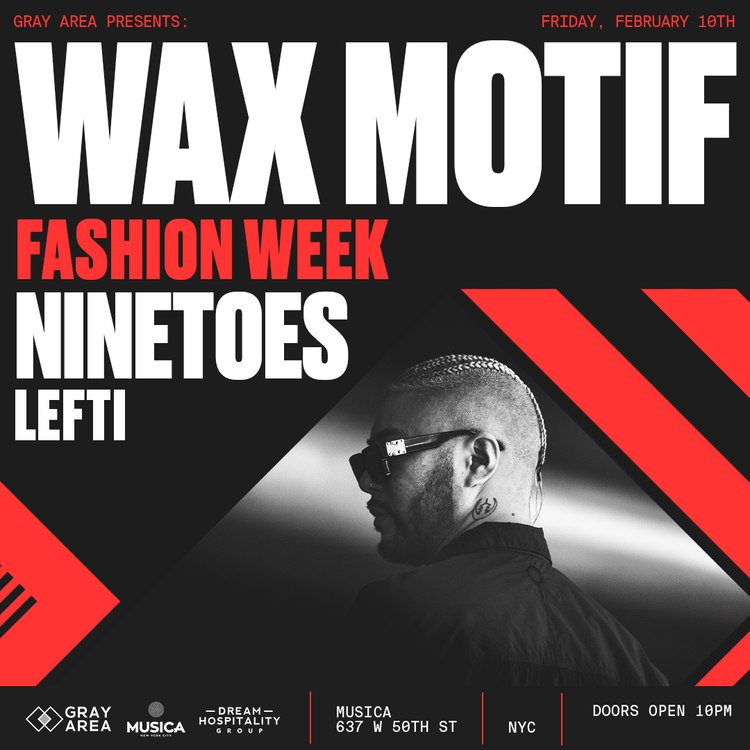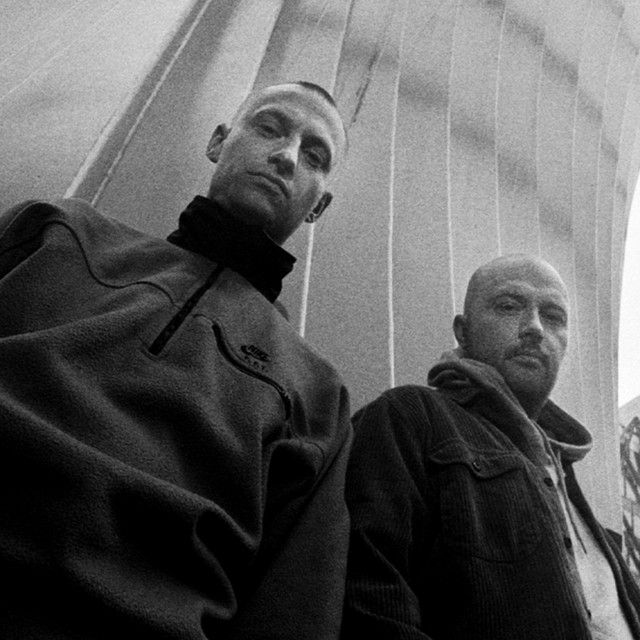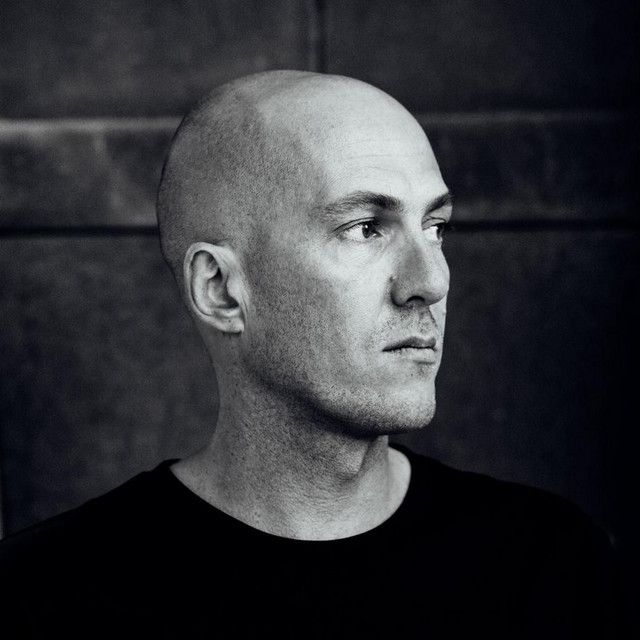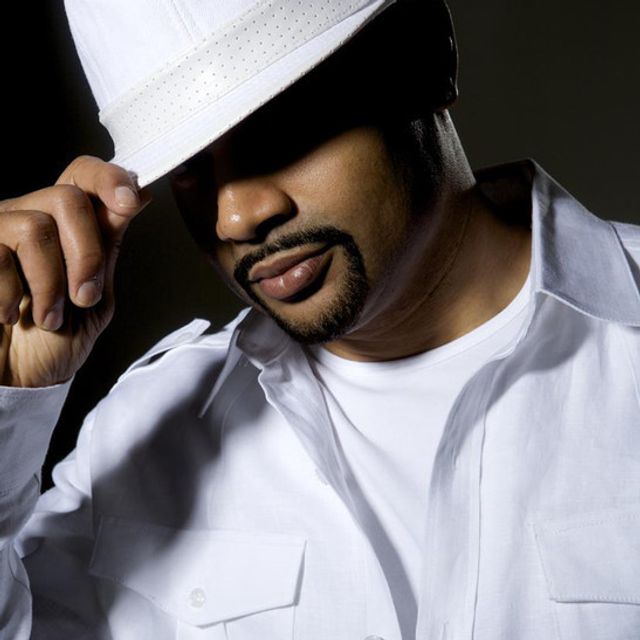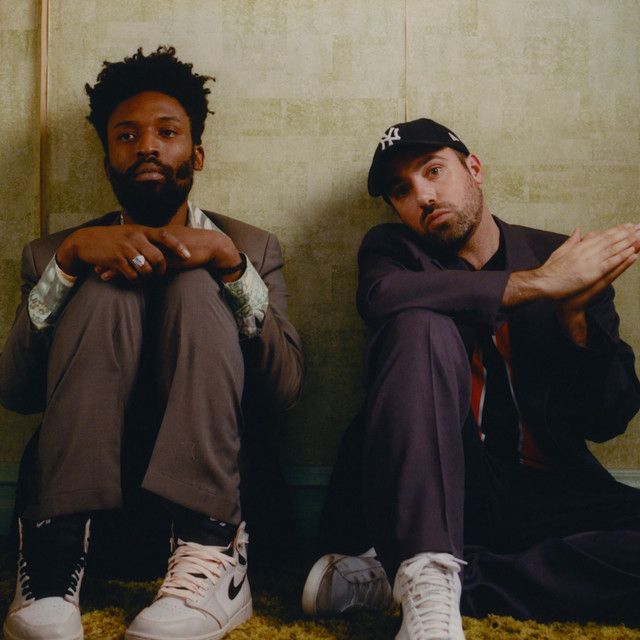Artist Spotlight
Perhaps the most unmistakable trait of Brooklyn-based DJ, producer, musician, and label boss LEFTI is his deference for quality. It manifests in his vast catalog of dance tracks spanning the spectrum of soulful sound — from groovy gospel house to late-aughts blog house and funk-infused disco. That very same commitment to sonic excellence is apparent in any of LEFTI’s live sets, in which he digs to the back of the proverbial crates, unleashing disco house deep cuts at some of the country’s preeminent nightlife institutions, including New York’s Avant Gardner and Le Bain, Los Angeles’ Sound, and Philadelphia’s Warehouse on Watts. And notably, the relationships LEFTI has forged across the multi-genre spectrum have helped jettison the artist into his current position as one of New York’s most notable disco house names. Recently, he’s collaborated with the likes of Selena Faider (the duo’s “Party People” released on LEFTI’s own Quincy Boy Records was honored last summer as BBC Radio 1’s Track of the Week), legendary gospel and soul vocalist Ann Nesby, and deep house powerhouse Demarkus Lewis — to name just a few. As we sit down for an interview on a rainy winter evening at his home studio in Greenpoint, Brooklyn — where LEFTI (né Alex Suarez) has resided for 12 years — we talk about the evolution of the local dance music scene, specifically, the growing popularity of disco house and nu disco in past half-decade. “I’m getting to the point where I’m really ready to lock it in,” says LEFTI, describing his ambition to continue honing his funky, soulful, sample-heavy style, which has become an aural trademark of his Quincy Boy brand (named after his exotic shorthair cat, Quincy Bones, an ode to the iconic producer and jazz musician, Quincy Jones). But labels like Quincy Boy with a distinguished flare aren’t built overnight. And in an increasingly crowded disco house category, LEFTI leans into his decades-long tenure as a musician to rise above the fray. Long before LEFTI, the disco house aficionado, there was simply Alex, the Connecticut-born, Florida-raised kid whose passion for music was innate from the start. His true first love was rock music. Heavily influenced by his two older brothers — a drummer and a guitarist — he would sneak into their rooms to practice on their instruments prior to getting his first guitar. Son to a Spanish father and a Colombian mother, LEFTI’s childhood, like many children of the 80s, could be described as a crucible of sound. “This was in the 1980s, so, a different time for music. Lots of hair metal. MTV had just come out. Hip-hop was born,” he says. “And my parents are Hispanic. They were into Gypsy Kings. Juan Luis Guerra. Julio Iglesias. But I was definitely influenced by my brothers.” When his family moved to Boca Raton, Florida, in his teens, LEFTI left the bedroom and took his passion for rock music out into the world, syncing up with other punk rock-loving adolescents at the skate park, and forming his official group, On the Slot. He experienced the typical rights-of-passage for many teenage garage bands. The thrill of winning local battles of the band. The periodic group breakups, reunions, and rebrands. And couching surfing in dingy basements as he and his bandmates (under new monikers) played in dives along the western Florida coast. “I knew I wanted to pursue music when I was a little kid. Even when I’d be jamming out to a wall, it was like I was in the band, playing to a huge arena. My imagination was there. Music came naturally to me,” he says. “I always had the desire to figure out one way to always be doing music.” Later pursuing a culinary arts degree, LEFTI (“CHEFTI” as he’s named his culinarian alter ego) worked seasonally as a chef, saving his summers to tour nationally with his screamo band, Kite Flying Society, from 1999 to 2004. And soon, his childhood daydream of playing in packed-out arenas would become a reality. Moving to New York in 2005, he reconnected with a friend and fellow musician, Ryland Blackinton. One night, the duo crossed paths with vocalist Gabe Saporta, who invited them to be a part of his upcoming project: Cobra Starship. “Being part of Cobra was an amazing thing. We opened for Justin Bieber on the South America leg of his first world tour. We played the Rio stadium, about 85,000 people — sold out two nights in a row — which is like no experience I’ve ever had in my life. We did a lot of late night and morning talk shows. We were nominated for a VMA one year and were front and center for the Taylor Swift-Kanye West moment. It was all a wild thing to be part of.” During that time, LEFTI says, the blog house era of music was going strong. This genre, as he describes it, of “DJs and indie musicians making dance music mashups” was notably catalyzed by bands spending time in nightclubs. In part, this is where LEFTI cut his teeth as a DJ, spinning at afterparties and launching an anonymous and temporary dance music project, GRVRBBRS, to test out his dance music chops. When LEFTI exited Cobra Starship in 2014, he pursued a career in music production and songwriting. It wasn’t until 2016, after he took on a couple of dance music remixes that he realized how much he missed playing out. “LEFTI” was officially born with a nod to the artist’s left-handedness. And perhaps that same outside-in, sidewinder approach to the disco house genre has become a hallmark of his big, bold “Disco for the Warehouse” sound. “There is an art to the curation of a party. For a disco party, it’s just got to be really fun. But I try to play great music that [aren't] obvious cuts,” he says. “My curation is based off what grabs me. It is a narrow field. I can scroll through a million songs, and I’ll know right away if it has that thing that grabs me. [And] I think the reason why I wanted to start my label.” Take his latest release, “Gotta Lotta Love,” a choppy, 4-to-the-floor house heater that distorts and pitches up a male vocal sample to resemble a female vocalist. Or his first release on Quincy Boy, “I Demand,” a groovy house track with a powerful vocal sample straight from the pulpit. And over the years, he’s released a dynamic collection of original tracks across many prominent imprints, Toolroom, Love & Other, and Big Beat. As LEFTI thinks about the next step for his brand, he envisions how it can be a conduit for dance music culture. “You walk around Williamsburg and Bushwick [Brooklyn] and you hear house music everywhere. And I think that’s awesome. I realized [Quincy Boy] was a great opportunity to start a small label and help younger DJs find a footing. It’s the first thing that’s excited me in a while besides starting a new project. It felt really right to me.”
